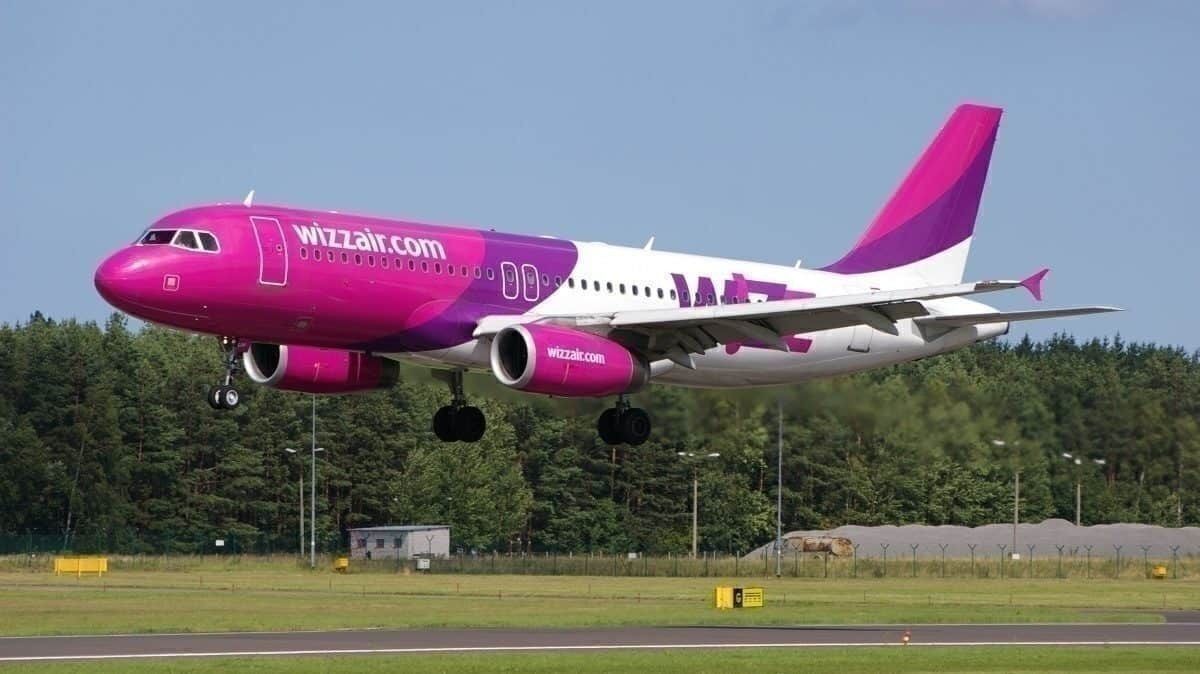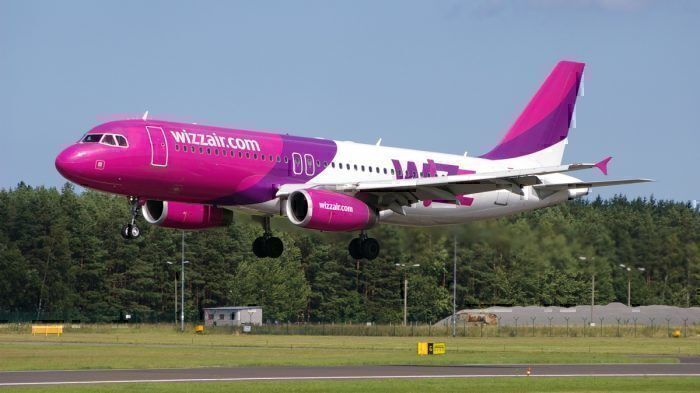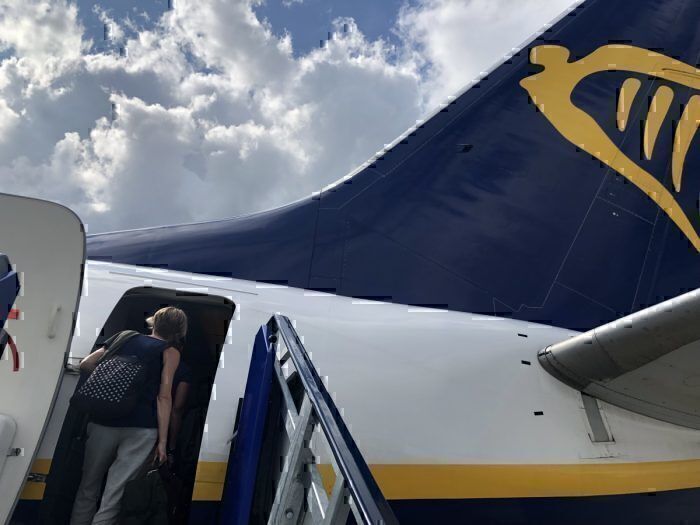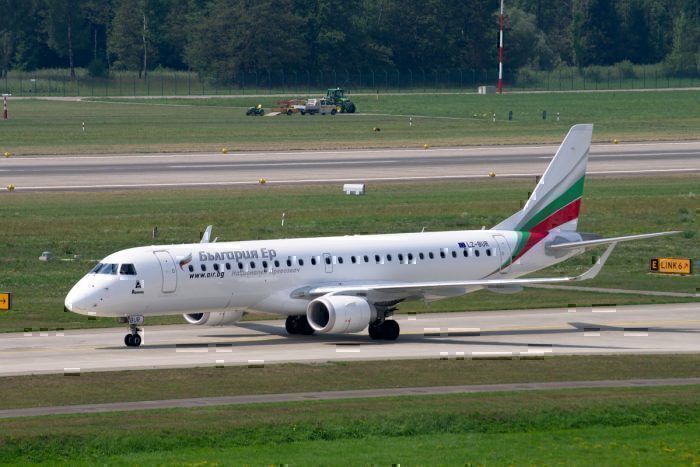Last week we reported that the Greek government is enacting emergency measures to end flight delays in the country. But Greece is not the only state battling with this issue. More and more European countries seem to believe that government intervention is required as a solution to frequent flight delays. Bulgaria now joins the list.
The Bulgarian Ministry of Transport, Information Technology and Communications issued a news release last month outlining its plan of action. The news release states the problem as being "increased delays in flights". The Minister then requests airlines "to provide information on the reasons for delays or cancellations". The news release also announces that the Civil Aviation Administration of Bulgaria will conduct an inspection regarding this matter.
Aviation in Bulgaria
The southeastern European country of Bulgaria is the poorest in the European Union. Even so, its aviation sector has been booming in the last few years.
As reported by Fraport for the two Bulgarian airports it has a share in, the growth of passenger traffic is strong, at 16% in Varna and 10% in Burgas over 2018. The country's main airport, Sofia Airport, published that it recorded growth of 7% last year. That is no small feat for an airport that already handles seven million passengers.
Emigration drives air traffic growth in Bulgaria. The Irish Times lists Germany, Great Britain and Spain as favorite destinations for migrants. With a history of corruption in Bulgaria and the economy offering low salaries, it is unsurprising that Bulgarians are making use of their EU right to work elsewhere.
As migrants constitute a major share of air passenger traffic in this middle-income country, it is also unsurprising that there is a strong presence of low-cost carriers there. Wizz Air flies a total of 29 routes out of the capital Sofia. Ryanair flies 27.
Bulgaria Air
The country also has a national carrier, Bulgaria Air. It flies more routes from Sofia than either Wizz Air or Ryanair but carries far fewer passengers. Simple Flying previously analyzed whether national carriers are even needed anymore.
Thus, it is foreign airlines that carry most of the air traffic in Bulgaria. It is perhaps for this reason that the Bulgarian government feels the need to react and investigate whether foreign carriers are treating Bulgarian passengers fairly during these frequent delays.
The inspection
The Sofia Globe reported that the Bulgarian government is to begin inspections on air carriers operating flights to and from the country.
The main purpose of the inspection is monitoring compliance with European regulation. It will also look at how airlines have been compensating passengers affected by delays and cancellations. But, also as per The Sofia Globe, the carriers have been requested to supply explanations for why their flights departed with a delay.
The inspections have since taken place for all flights operating throughout July. As was reported by Novinite, a Sofia news agency, the inspection found that every fourth flight at the country's three busiest airports departed with a delay.
The inspection findings
Also per Novinite, the inspection report outlines that the main reason given by airlines for their flights departing late was "route restrictions related to air traffic management capacity". Other reasons given include sudden damage to aircraft and other technical issues, delayed refueling, late submission of flight documentation, delays due to security checks and more.
However, all of these reasons are unlikely to have been responsible for more than a whole quarter of flights in the country departing with a delay.
Now that the Bulgarian government has established that delays are a problem, and now that it knows why delays are occurring, it will be interesting to see what recommendations it issues to airlines, if any. Simple Flying will be following the developments in this story.




